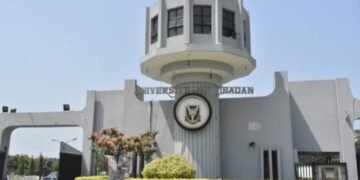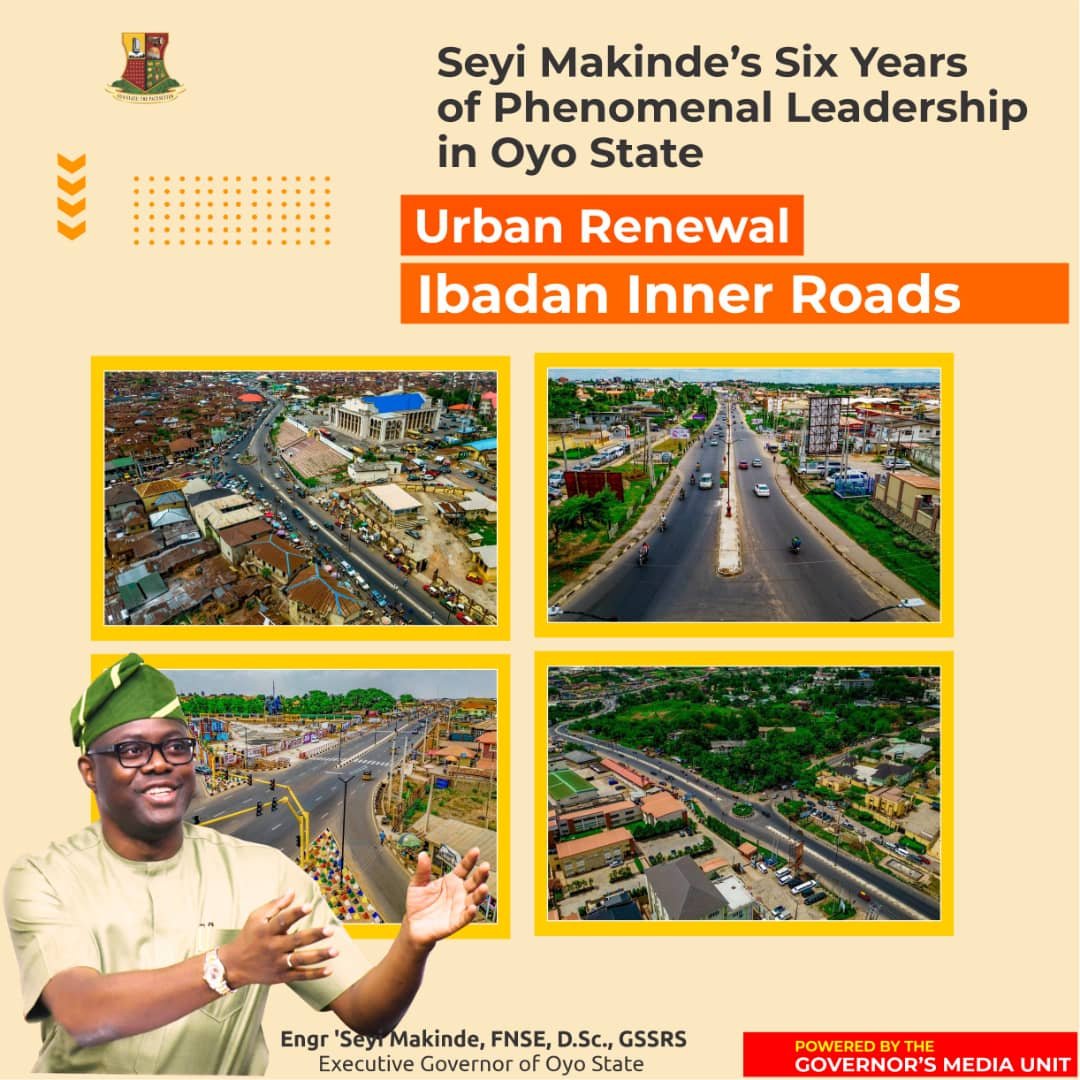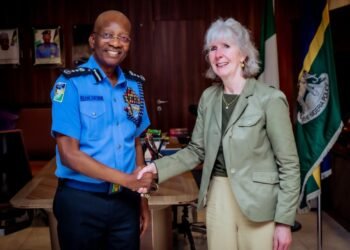Federal Road Safety Corps (FRSC) has said that all applicants for the National Driver’s Licence in Nigeria must present the National Identification Number ( NIN) from the National Identity Management Commission (NIMC), before they can be captured for any class of the licences produced by the Commission.
The move followed the Federal Government’s directives on the harmonisation of citizens’ data by relevant agencies.
FRSC’s directive takes effect from December 21, 2020.
In a statement issued by the Corps’ Public Education Officer, Assistant Corps Marshal Bisi Kazeem, “all driver’s licence applicants are therefore, expected to present their National Identification Number from the date, before they can be attended to.”
Saying that there would be no waiver for anyone, Kazeem further stressed the need for a harmonised database on citizens’ information, which he said was critical to resolving the challenges of identifying individuals.
He added that it would assist security agencies in data collation and quick retrievals, to address some of the national security challenges.
He called on members of the public, particularly those going for their driver’s licence processing, to take note of the directives and carefully follow the procedures for obtaining their NIN from the National Identity Management Commission.
He added that the NIN must be verified to be authentic, before action could be taken on the application for the licences.
Kazeem further stated that all numbers presented by the applicants must correspond with what NIMC issued to individuals for a harmonised database.
The Corps Public Education Officer solicited the cooperation of members of the public to make the policy a success, in the collective interest of the nation and commitment to building and maintaining a credible national database on citizens.
He assured that the FRSC would remain committed to supporting the Federal Government in its resolve to tackle the challenges of citizens’ identification and national security challenges.
While reassuring the driver’s licence applicants of improved services at the licence processing centres across the country, the FRSC spokesperson reiterated the earlier messages of Corps Marshal Boboye Oyeyemi that improved service delivery remains the center point of the Corps’ operations.
He said that with due compliance by all driver’s licence applicants, the process of physical capturing at the licence processing centre would be smooth, in line with the improved processes put in place.
Meanwhile, the Corps Marshal, Dr Oyeyemi has ordered the immediate deployment of logistics, personnel and Special Marshals nationwide, to entrench safety on the roads, enforce compliance on established road traffic rules.
This was in pursuant to the envisioned increase in vehicular movement across the country occasioned by the Yuletide.
The deployment is also to ensure COVID-19 precautionary measure for commuters, and secure free flow of traffic for the motoring public along all corridors and other roads.
According to Kazeem, in a statement, the Corps Marshal, also ordered strategic 24-hour observatory at commands along high volume of traffic/gridlock prone areas.
The Corps Marshal also directed the establishment of 11 Traffic Control Camps, full mobilization of 23 Help Areas, full mobilization of 46 Emergency Ambulance (Zebra) Points, full mobilization of Road Side Clinics (RTC), and 24/7 broadcast on National Traffic Radio 107.1 FM. He said that the directive was targeted at achieving a near-zero road traffic crash throughout the period.
“The 2020 Operation Zero tolerance commenced from Monday, December 12, 2020, to Monday, January 15, 2021 nation-wide,” he stated.
“The operation is programmed to run in shift as follows: 0600hrs – 1400hrs, 1400HRS – 2000hrs, 2000hrs – 2200hrs, and Night Rescue teams on standby at all operational Commands is billed to cover the following critical corridors; Sokoto-Tambuwal-Jega-Birnin Kebbi corridor, Katsina-Kano-Wudil-Dutse-Azare-Potiskum corridor, Kaduna-Saminaka-Jos corridor, Abuja-Kaduna-Kano corridor, Okene-Ogori-Isua-Owo corridor, Makurdi-Otukpo-Obollo Afor-9th Mile corridor, Asaba-Abraka-Ughelli-Warri corridor, Ibadan-Ogere-Sagamu corridor, Sagamu-Mowe-Lagos corridor, among others,” he said further.
Explaining some of the reasons for year 2020’s holistic approach to safer roads, Kazeem noted that the Corps observed an upsurge in traffic volume, impatience by motorists who might not have adequately planned their journeys, or motorists managing mechanically-deficient vehicles to and from their travel destinations.




























